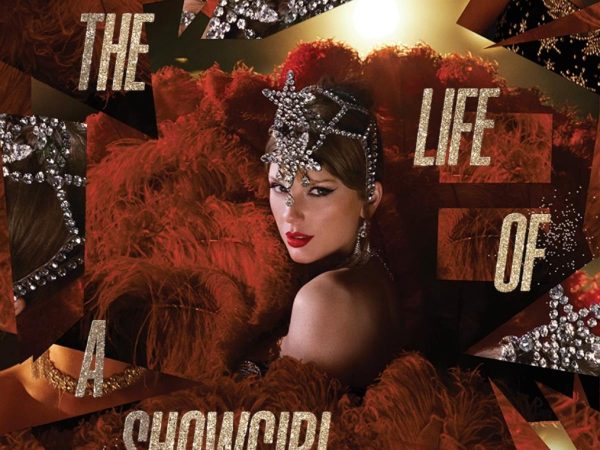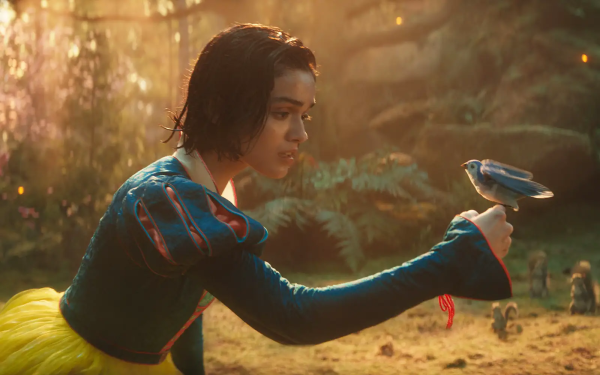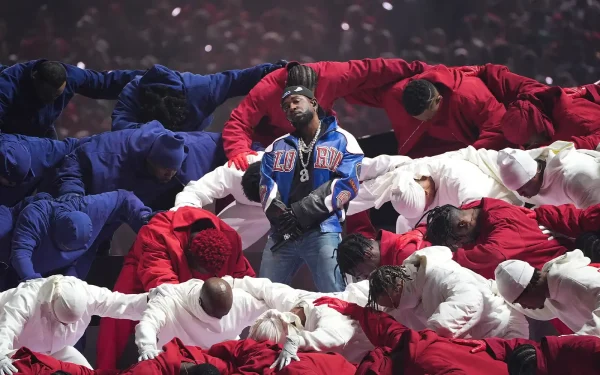“Joker” Review: Bold Messages About Real World Issues

Aside from the trick-or-treating and dressing up, Halloween is also a time for rewatching our favorite classics to engulf ourselves in the spirit of the holiday. With this in mind, nothing screams “Halloween” more than a remake of a timeless thriller. Joker, which was released October 4th, 2019, and provides a haunting, new take on the infamous DC villain.
Upon entering the theater, many fans held the preconceived notion that because this was a film based on a DC character, it would be some sort of superhero movie showcasing the typical “hero vs. villain” trope in which good defeats evil.
Therefore, when Superman and Batman didn’t come flying onto the screen, you can imagine the viewers’ confusion. The real horror of the movie, in fact, was the realism. Aside from just being a bone-chilling, well-made film, directors also make bold statements regarding mental health and the dynamic of society that can be applied to the real world.
The movie follows the despondent day-to-day life of mentally ill Arthur Fleck while he works as a clown for a circus. Fleck craves affection and compassion, but he is instead alienated by Gotham City for his odd nature, which is a byproduct of his mental illness.
The turning point of the film occurs when one day, Arthur is taking the train home after working as a clown all day. He is confronted and beaten up by a group of three young college boys. His coworker happened to give him a gun earlier that day for self-defense, and it was put to use when he shot all three of the boys.
Arthur was simply protecting himself in this situation; he didn’t even know who he was shooting, just that he was being attacked and needed to act sooner rather than later. Gotham news sources later revealed that these three men happened to be extremely rich and privileged. This makes the general public believe that the attack was calculated and meant to be a political statement against the elitists of Gotham city. And so, Arthur accidentally creates an entire political movement consisting of lower class citizens dressed up in clown masks who furiously protest the corruption of the elite.
The focal point of the movie is not just the persona of the Joker and the destruction he inflicts; rather, the main focus is how Arthur became this man. We see every aspect of his transformation from a lonely man with good intentions to someone so battered by society that he had no choice but to turn against everything. There’s a twist to the previously mentioned “hero vs villain” trope: Arthur Fleck is both the hero and the villain, trying to fight off his inner demons and be accepted by the world but unfortunately falling victim to insanity. To me, this is what makes the movie so incredibly compelling. We not only get to see inside the mind of a madman, but understand the trials and tribulations that manifested in his ultimate demise.
According to hills Junior Samantha Mansueto, “This film does a really good job of humanizing the Joker. Even though he does some pretty horrible, inexcusable things, I still somehow felt sympathy for him. Like he’s really just trying to be a functioning member of society and make people happy yet people judge him left and right. It’s a really sad situation to watch unfold.”
Mansueto continued, saying that all of this, “made the movie really interesting to watch.” The ability to toy with the emotions of the viewer and make them question whether or not the villain is really the villain provides for a perplexing yet immersive viewing experience.
This film also sends a strong message about mental illness. As humans, we may subconsciously gawk at anything that is different or odd to us. Every action, big or small, has a consequence. Every odd glare, every rude comment, and every physical beating Arthur received, no matter how minor, contributed to his eventual downfall into the rabbit hole.
I asked hills Junior Jess Gudin her take on this thought, and she seemed to agree with this philosophy. “We don’t always realize how our actions affect others.” she began. “What seems like something little to you may change someone else’s life. This is exactly what occurred in the movie. Society never stopped to consider how their actions may have had an especially harsh affect on someone already battling with internal distress.”
Moreover, this movie displays childhood trauma as a source of Arthur’s ferocity. According to statistics regarding a father’s impact on child development from the Children’s Bureau Organization, “Father absence hinders development from early infancy through childhood and into adulthood. The psychological harm of father absence experienced during childhood persists throughout the life course.” It is also stated that “Father engagement reduces the frequency of behavioral problems in boys while also decreasing delinquency.” Arthur was physically abused and without father while growing up, resulting in a man statistically much more likely to manifest their inner turmoil into external violence.
This movie was also an apparently “unintentional” – according to actor Joaquin Phoenix who plays the Joker – political statement that seems almost too real to be accidental.
Arthur flourishes with the support of his immoral deed by many Gotham citizens (to be fair, not everyone can put “unintentionally created political movement” on their resume). He finally feels worthy and admired, something he is not familiar with but has desired all his life. The movie closes with a chilling scene of Arthur’s supporters, decked in clown masks, wreaking absolute havoc: burning buildings, smashing in car windows, and more. Having just escaped a cop car after being arrested for murder, Arthur stands on the hood of the car in all his glory and is greeted with cheers and hollers from the crowd of belligerents who idolize him.
What was unsettling to me about this was the fact that this situation of a restless lower class vs. societal elitists is extremely plausible in today’s world. We’ve seen it happen on major scales in our history textbooks and even on minor scales at school or in a single news article.
After finishing the movie, devoured in unease, my first thought was, “Will this inspire people to think or act violently?”
When asked about her take on the situation, Pascack Hills Junior Isabella Sanar responded with, “A movie is just a movie. I really don’t think it’s going to inspire anyone to do anything bad. People just watch for entertainment.”
On the other hand, Hills Junior Yemie Woo thinks the opposite. She states, “I saw the movie last weekend and there were literally cops outside the theater. I honestly understand why. The idea of the lower class rising against the higher class is a very realistic concept in today’s world. I wouldn’t have been surprised if people walked into the theater will clown masks on and tried to pull some stunt after seeing this movie.”
As of now, no harm has been done as a result of this movie. But it is still perfectly feasible to speculate on whether or not this movie struck a chord with those already harboring anti-elitist ideas or even inspired people to adopt this political agenda.
Overall, Joker evoked emotions that many fans may not have expected to encounter. What I thought would be your average thriller was really a complex film with striking messages regarding real world issues. This movie encourages speculation and deep thinking and it challenged the original percievance of the “Joker” character and horror movies a whole.











































